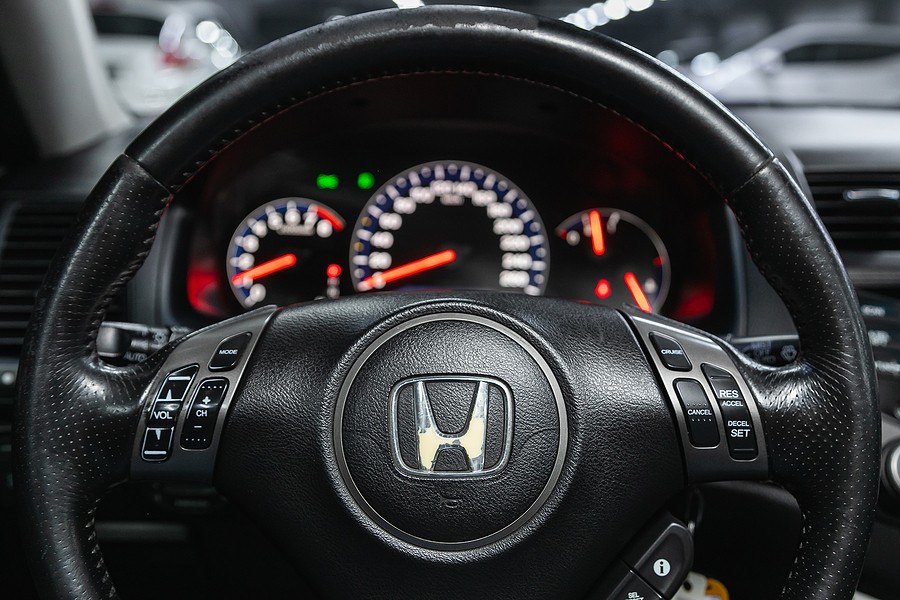If your Honda Accord displays a “Check Fuel Cap” message, it's often due to a loose, missing, or damaged fuel cap. Ensure the cap is properly tightened until it clicks. If the message persists, inspect the cap for damage and consider replacing it. This simple step helps prevent fuel evaporation and ensures the fuel system is properly sealed.
When your Honda Accord displays a “Check Fuel Cap” alert, it's more than a simple reminder. This message indicates a potential issue in your vehicle's fuel system, which is integral to its efficient operation. Let's dive into what this alert means and how to address it.
Why the Fuel Cap Matters
The Role of the Fuel Cap
The fuel cap on your Honda Accord plays a crucial role in maintaining the integrity of the fuel system. It's designed to:
- Prevent Fuel Evaporation: The cap helps to reduce emissions by preventing fuel vapors from escaping into the atmosphere.
- Protect the Fuel Tank: It acts as a barrier against dirt, dust, and water, ensuring the fuel remains uncontaminated.
- Maintain Pressure: The cap helps in maintaining the right pressure within the fuel tank.
Signs of a Faulty Fuel Cap
- Alert on Dashboard: The most obvious sign is the “Check Fuel Cap” message on your dashboard.
- Fuel Smell: A noticeable fuel odor around your vehicle could indicate a loose or damaged cap.
- Poor Fuel Economy: If you're visiting the gas station more often, it might be due to fuel evaporation caused by a faulty cap.
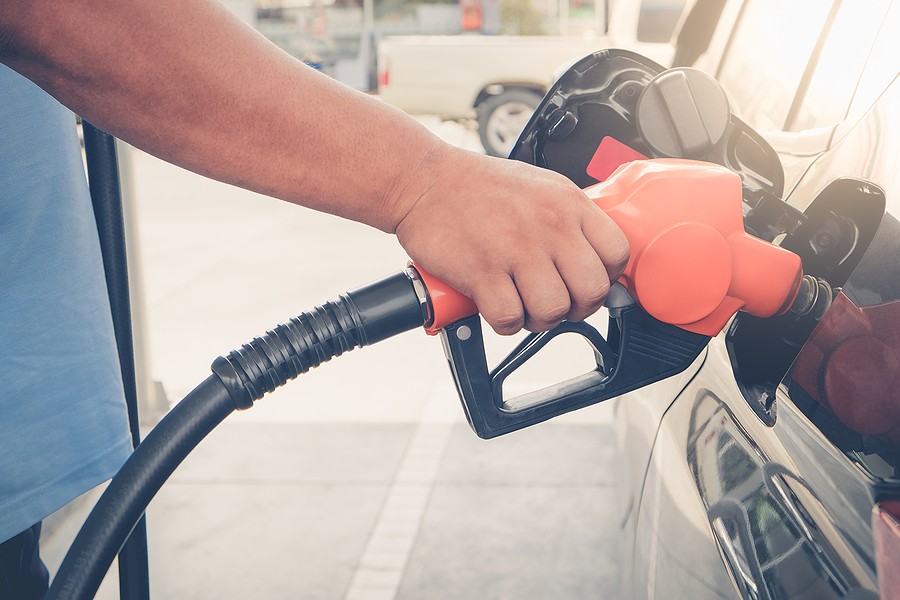
Common Causes and Solutions
Inspecting the Fuel Cap
- Physical Damage: Look for cracks, chips, or tears on the cap. Also, check the seal for any damage.
- Proper Closure: Ensure the cap is tightly secured. A loose cap can trigger the alert.
- Replacement: If the cap is damaged, consider replacing it with an OEM (Original Equipment Manufacturer) part for optimal performance.
Fuel Inlet Seal
A worn-out or missing fuel inlet seal can also trigger the alert. Inspect the seal for any signs of wear or damage.
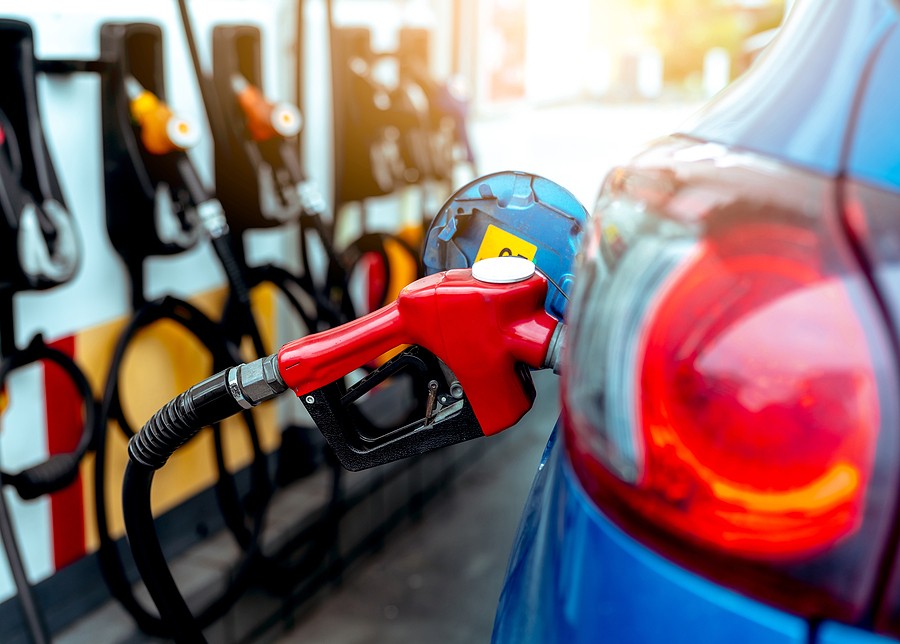
How to Reset the Check Fuel Cap Light
- Secure the Cap: Tighten or replace the cap and start your vehicle. The light should reset after a short drive.
- Vehicle’s Self-check: Some models reset the warning light automatically after fixing the issue.
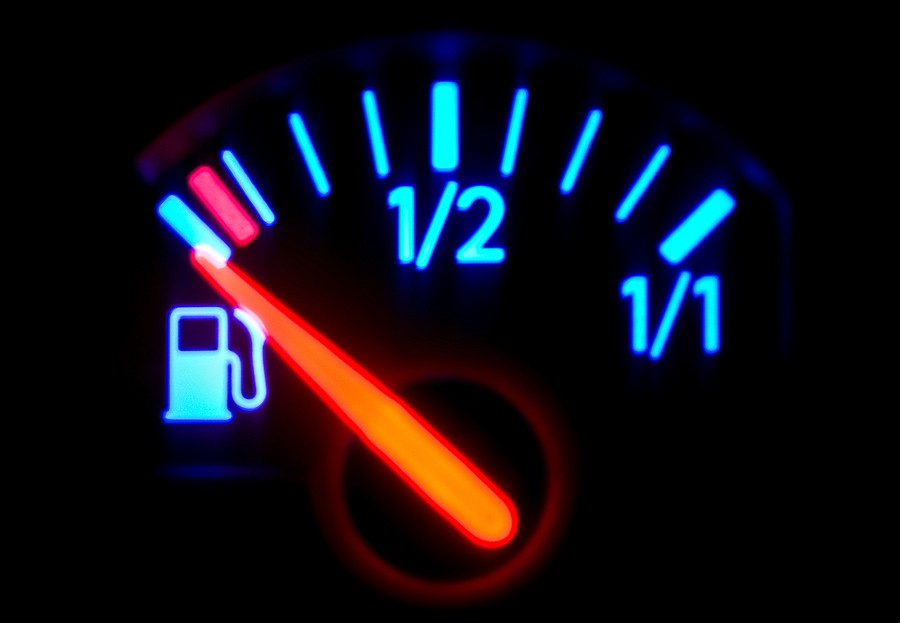
When to Seek Professional Help
- Persistent Warning Light: If the light doesn't turn off after addressing the fuel cap, it's advisable to visit a mechanic.
- Check Engine Light: A lit check engine light along with the fuel cap alert might indicate more serious issues.

Personal Experience and Tips
As a car enthusiast, I've encountered the “Check Fuel Cap” alert a few times. Here's a personal tip: Always opt for an OEM fuel cap. I've found that they fit better and last longer than aftermarket options.

Conclusion
The “Check Fuel Cap” alert on your Honda Accord should not be ignored. By understanding its importance and knowing how to inspect and address issues with the fuel cap, you can ensure your vehicle runs smoothly and efficiently. Remember, if you're ever in doubt, it's best to consult with a professional.
Contact Us If you're looking to sell your car, regardless of its condition and type, reach out to Cash Cars Buyer at 773-791-4363. We offer competitive prices and hassle-free service.
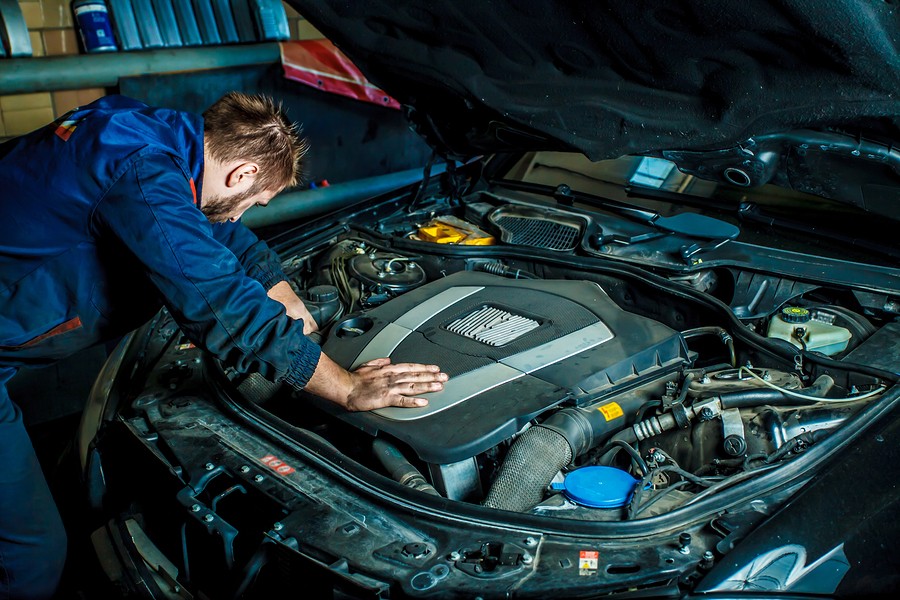
FAQs About “Check Fuel Cap” Alert in Honda Accord
Q1: Why does my car say “check fuel cap” but it's closed?
A: This can happen if the cap is not tightened enough or if it's damaged. The sensor may not recognize the cap as being properly closed. Check for any damages or replace the cap if necessary.
Q2: How long does it take for the check fuel cap to reset?
A: Usually, the alert should reset after a few minutes of driving once the issue is resolved. If it persists, there might be another issue in the fuel system.
Q3: What causes the gas cap light to come on?
A: Common causes include a loose, damaged, or missing gas cap. It could also be due to a malfunction in the vehicle's evaporative emissions system.
Q4: Is it safe to drive with the fuel cap warning light on?
A: While it might be safe for short distances, it's not advisable to ignore this warning. A faulty fuel cap can lead to fuel evaporation and contamination.
Q5: Can a faulty fuel cap affect my car’s performance?
A: Yes, a faulty fuel cap can lead to decreased fuel efficiency and increased emissions. It's important to address the issue promptly.

